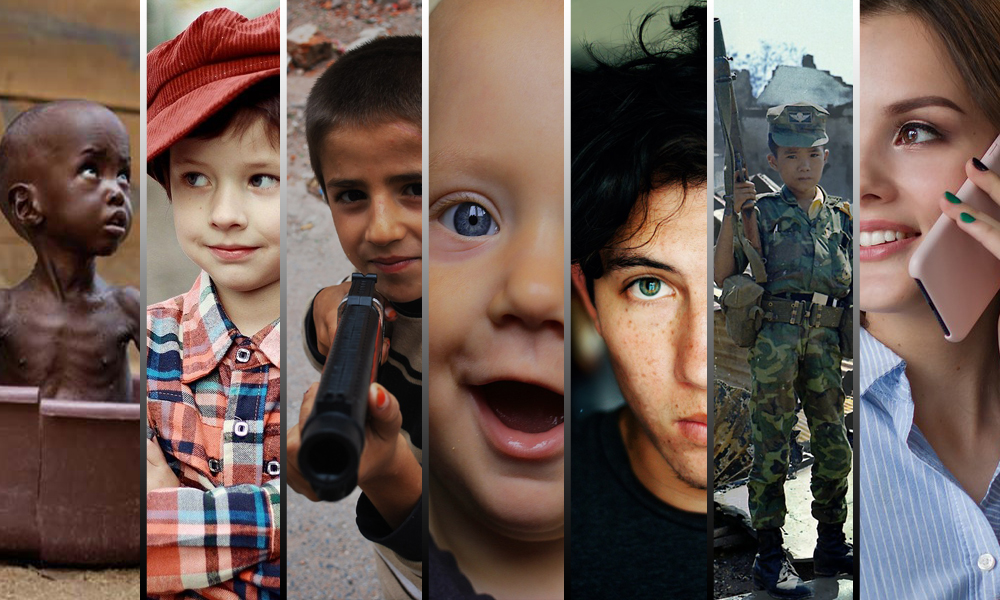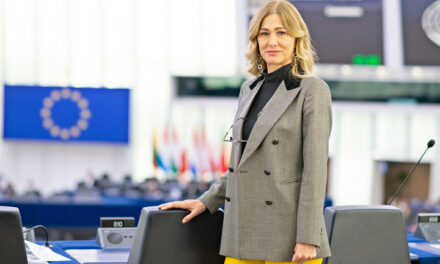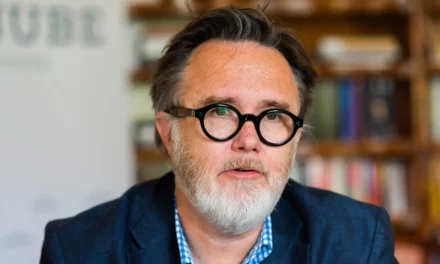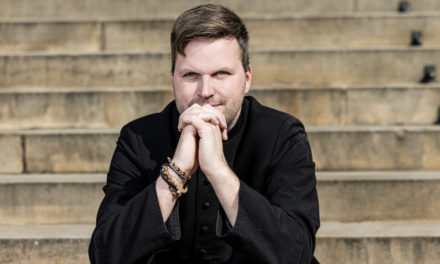What's the first thing you think of when you hear the word: child? What flashes you, what image do you see in front of you?
Of a velvety soft baby with a pearly laugh? Of a defiant three-year-old who fights for his truth with the persuasive weapon of crocodile tears, while letting you know that he does deserve that Kinder egg? A sweaty ten-year-old panting from the tongs in a sailor-striped t-shirt with bruised knees? Or the teenager, whose braces bother him so much, that's why he looks shyly and fearfully at a cheeky little red-haired girl with pigtails in the school corridor? Or perhaps the flushed faces flashing from the prom cavalcade? And what do you think these pictures have in common?
In front of the parents - especially in the moments of defining life events - many self-forgotten, one-off and unrepeatable moments of their children's childhood are often played as a short film, but the above images are only natural for our cultural circle. The Western way of thinking now tends to regard young people in their twenties, or even young people who use their parents' home - that particular maternity hotel - as children, despite the fact that childhood begins at birth and ends at the age of 18. At least in the modern world.
In societies where the average life expectancy of the population at birth is around 40-45 years - such as in most countries in Africa - being a child is somewhat different than in any part of Europe or North America. the upper limit of childhood varies from society to society, and even within certain societies and communities. Where quite a few children are forced to do without the protection necessary until they can take care of themselves, a "care vacuum" develops, and one of the consequences of this is the phenomenon of child soldiers that can be observed again in our time. According to conservative estimates, taking into account all the world's armies, armed forces, rebel groups, and terrorist organizations, about 40 percent of them employ children to perform military tasks related to their political, religious, ethnic, or other goals. Ahmadou Kourouma, the ten-year-old protagonist of the well-known Ivory Coast writer's novel Allah is not obliged to...,
“I could have been just a stinky kid, no better and no worse than all the other stinky kids in the world, if I had been born somewhere else and not in this ancient African country... Moving from camp to camp, joining one gang of bandits to another, busy cities and long journeys I killed a lot of people with my Kalashnikov, my Kalashnikov. It's not a big deal. You pull the trigger, and the round goes off."
He continues with this:
“Then this unfortunate small-soldier, precisely because he was really rubbed, tried to cut off the path of two fleeing fellows. And he stepped on a mine. We brought him into the village on an impromptu stretcher. We propped him up against the wall of a hut. And we left him alone. On a hot afternoon, we left the dying Captain Kik alone in a decrepit village, at the mercy of the soon-to-be-returned villagers. The indulgence of the villagers burning with a rightful desire for revenge, because this is the only way it goes in regions affected by tribal war: it is Allah's will that the unfortunate kid meet such a terrible end. And Allah is not bound to be fair in the things of this world, He is not bound to be just with all His creatures.”
The use of children for military purposes, or their voluntary joining for the sake of survival, can be traced back to many reasons - historical, economic, cultural, social, family structure, religious, ethnic, psychological - but the question of the consequences rightly arises. DDR (disarmament, demobilization, and reintegration) programs coordinated by UN peacekeeping units try to provide assistance, but reintegration is lengthy, difficult, and often unsuccessful. It is not by chance that one of the most common expressions related to the investigation of this topic is "according to estimates", which means that even the organizations closest to the fire do not have accurate knowledge of all the details of everyday reality.
Based on the Western way of thinking, international humanitarian law regards children as a kind of "pre-social" being, who must be protected from the harsh, sometimes bloody reality of the adult world, and a carefree, happy childhood must be ensured for them. However, this simplified approach, typical of the perception of the Western middle class, is by no means shared in other parts of the world. For example, about 60 percent of Sri Lanka's Tamil Tiger forces are mostly abducted children between the ages of 10 and 16, but according to UNICEF statistics, 57 percent of child soldiers in East Asia decide to serve themselves, as in Colombia, where at least 60 percent of the FARC's child combatants joined the group of their own free will. The conclusion that can be drawn from all this is that childhood is much more a function of cultures, and only biological maturity can be considered universal.
Adulthood in Africa clearly depends on the role played and not on the age marked by the number 18, but it is equally important to understand the difference between the West and the developing world when talking about the concept of responsibility. While individual responsibility prevails in developed countries - parents are designated as responsible by constitutions and basic laws - in most of Africa, responsibility has been a collective concept for centuries and thousands of years. Not only the parents are responsible for raising a child and finding his social role, but traditionally the entire community, settlement, village is also responsible, and the essence is that the children learn to cooperate, to do their part in the work, and to share the goods with the other members of the group.
Child Soldiers in Africa, Beáta Paragi quite perceptively summarizes the consequences of the third world's attitude towards children:
"Child soldiers are not primarily a worrisome phenomenon because bad people or unfavorable circumstances deprive them of a happy or less happy childhood. A much more important consequence is that if a large enough proportion of a society was in war as children, then that society - as a result of the learning process that occurs during childhood - necessarily reproduces the conditions that characterize disintegrating human communities and state failures. And they can also imagine changing the unfavorable circumstances only through the use of force. Where children are bullied, exploited and killed, children will do nothing but bully, exploit and kill others.”
By being aware of all this, perhaps we can come closer to understanding the cases of violence committed even by "minors" - be it bombings, stabbings, beheadings, burning churches or rape - which are now happening more and more often in Europe, and are bringing our public opinion to tears. Je suis shares are still in their heyday on social media, but teddy bears are already fading and tears are drying up faster. Will we get used to it? Maybe. Some Western European countries really have no other choice.
Featured image: 2022plus












